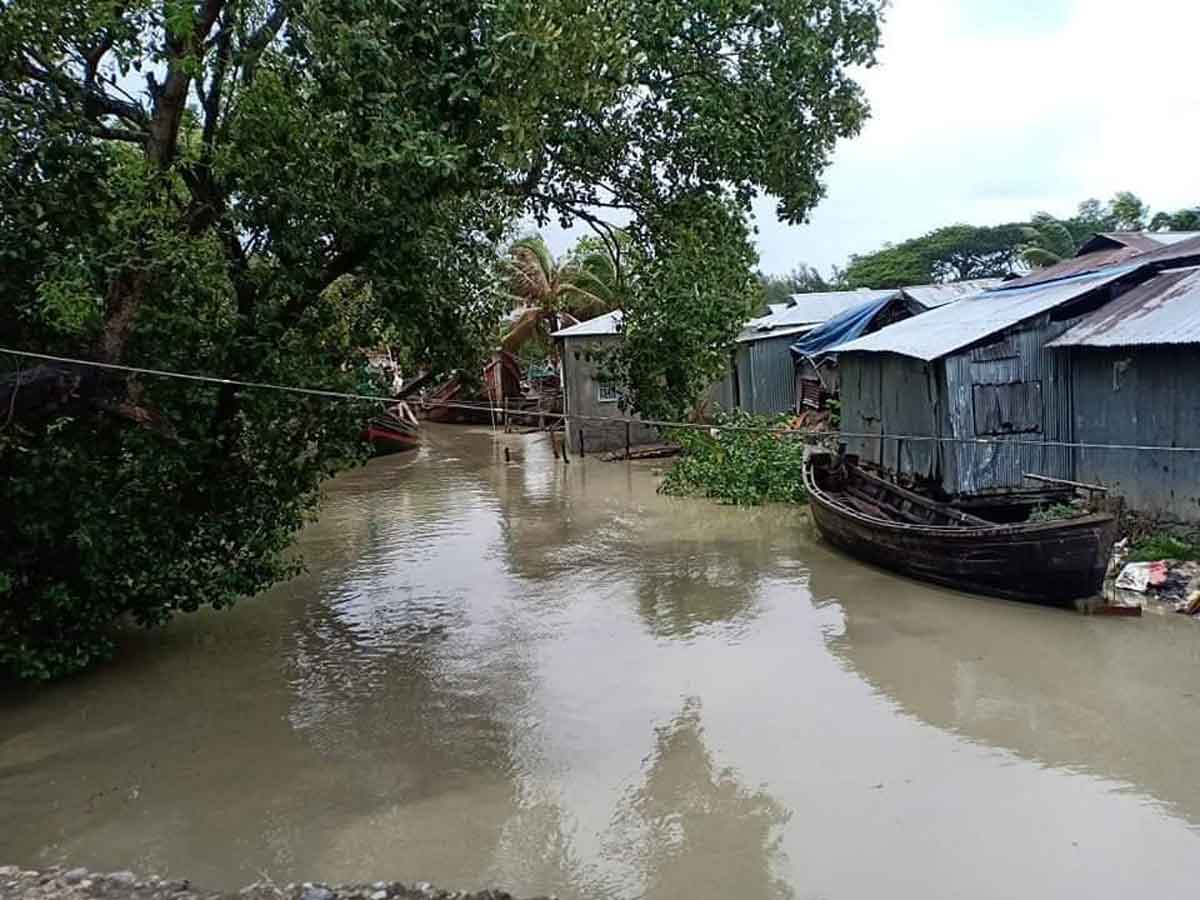More than 800,000 people, including 375,000 children, have been displaced by worsening floods in Bihar, India after heavy monsoon rains submerged160,000 homes. Three children from one family, aged four, six and nine, were found dead after local people dug out their bodies from the debris.

Thousands of families have sought shelter in school buildings, on riverbanks, or under tarpaulins on the side of roads, and more than 200 community kitchens have been set up in the worst affected areas to feed those who have lost everything in the floods.
Save the Children warned that there was a high risk of water-bourne diseases and other infections like diarrhea and conjunctivitis spreading due to standing water and open defecation. It is also concerned that children are sharing flood shelters with large numbers of unknown people, putting girls at particular risk of abuse.
There are also concerns that disruptions to COVID-19 vaccinations could put displaced families at even greater risk from the virus.
The floods have caused widespread devastation. Homes have been damaged, toilets washed away, and families have lost their entire livelihoods as crops and cattle have been lost. Mass evacuations have been taking place in recent hours and days, however, this is made all the more difficult by COVID-19 and efforts to enforce social distancing.
Suchi continued: “The greatest need for families at the moment is food and shelter, as many of them have lost everything they have. Save the Children is on the ground assessing the need so that we can respond. We’re also raising awareness about the need to maintain social distancing to prevent the spread of COVID-19.
This is a highly distressing situation for children, who have had their lives and sense of normality totally uprooted. Lots of children will be feeling extremely anxious, unsure of what’s left of their home and belongings, and what has happened to their friends. While immediate needs like food, shelter and clean drinking water are pressing, longer-term it’s clear that children are going to need a great deal of emotional support to recover.”
